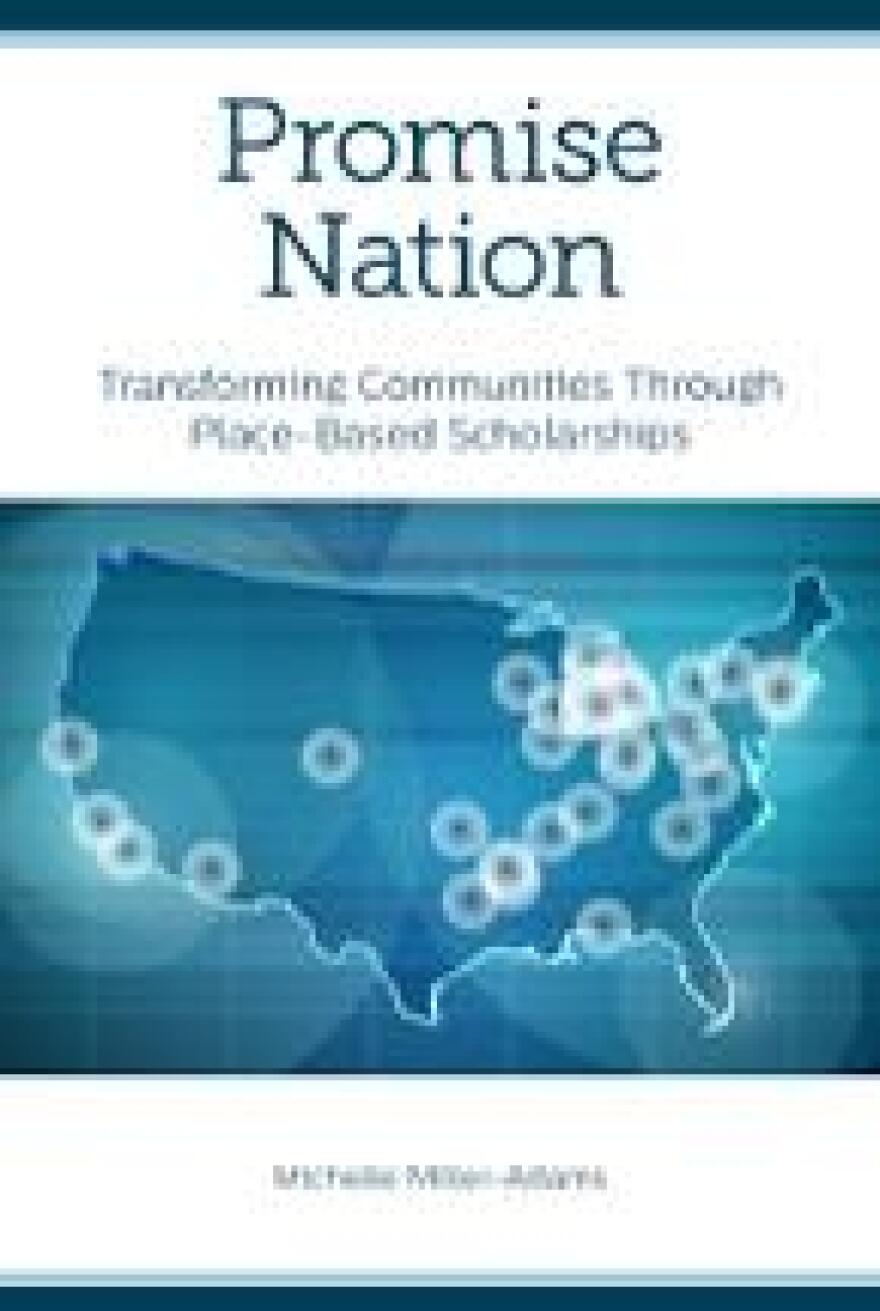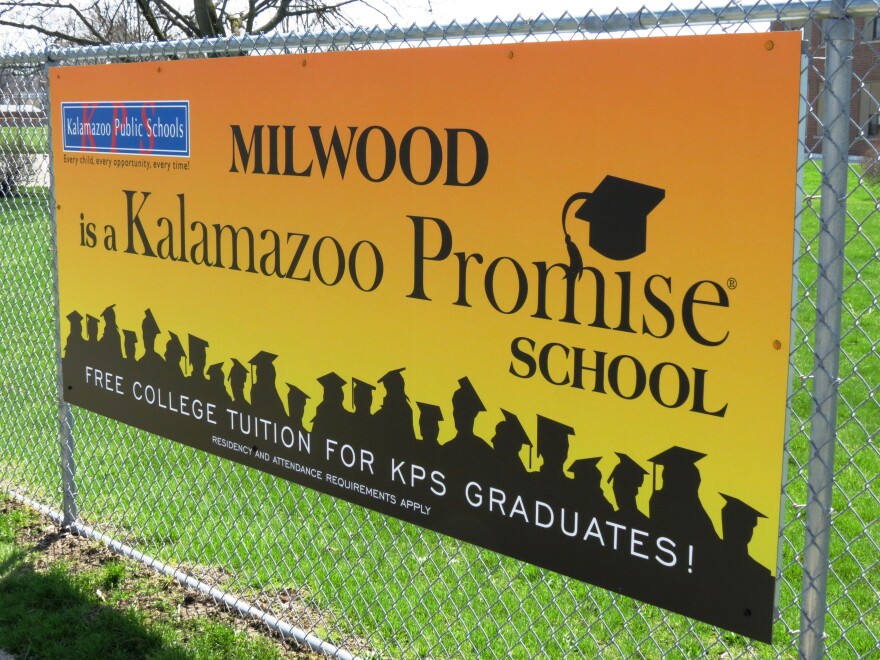The last decade has brought a number of imitators to the Kalamazoo Promise. Michelle Miller-Adams chronicled the spread of those programs in Promise Nation: Transforming Communities Through Place Based Scholarships.
The Kalamazoo Promise was first announced in November of 2005. Amid national attention, new programs were planned across the country. This week a conference on scholarship programs, PromiseNet is being held in Kalamazoo.
Miller-Adams says the programs have some core similarities, but vary in how many students they cover and what schools they can attend. The Kalamazoo Promise doesn’t include requirements for grade point average or eligibility based on income level. Miller-Adams says the new “promise” programs that have followed are more likely to include some grade point average and don’t always allow students to take their scholarship to as many schools.

The Kalamazoo Promise is relatively simple, and Miller-Adams says that is one of its strengths. She says the question comes down to finances. Miller-Adams says the Kalamazoo Promise spends money sending many students to college who would likely go anyway. She says there are still benefits, such as allowing students to attend a more expensive school, or save money for graduate school. Miller-Adams says the complexities of applying for financial aid leaves money on the table that would otherwise help students attend college. Miller-Adams says the simplicity of programs like the Kalamazoo Promise means they are more likely to help students who are low-income. “If you can’t explain your program in a couple of sentences, maybe 20 seconds, there’s going to be a lot of confusion about it.”
While many communities launched their own scholarship programs after the Kalamazoo Promise, others never got off the ground. Miller-Adams says while it varies among different communities, money was rarely the problem. She says a promise program needs deep engagement and investment to make them work.
"It's really promising, it's really American"
Asked about the title "Promise Nation,” Miller-Adams says the landscape is changing very quickly. She says two states, Oregon and Tennessee are developing programs to make community college free statewide. Miller-Adams says the conversation has changed dramatically since her first book was released in 2009. She says the broad range of approaches “is really exciting, it’s really promising, it’s really American.”
Miller-Adams says innovation often happens at the local level, and then spreads to other communities and states, and up to the national level.




